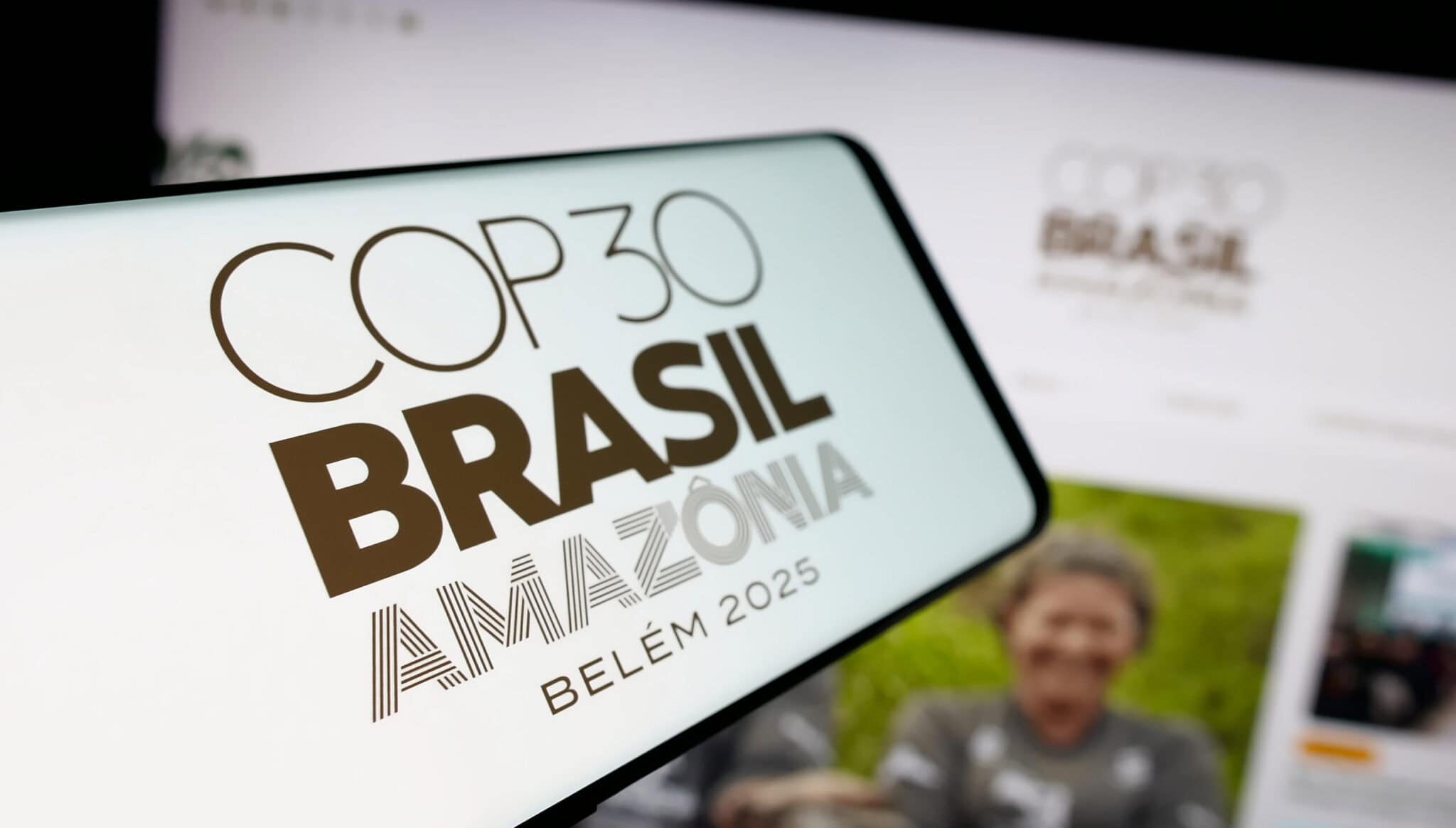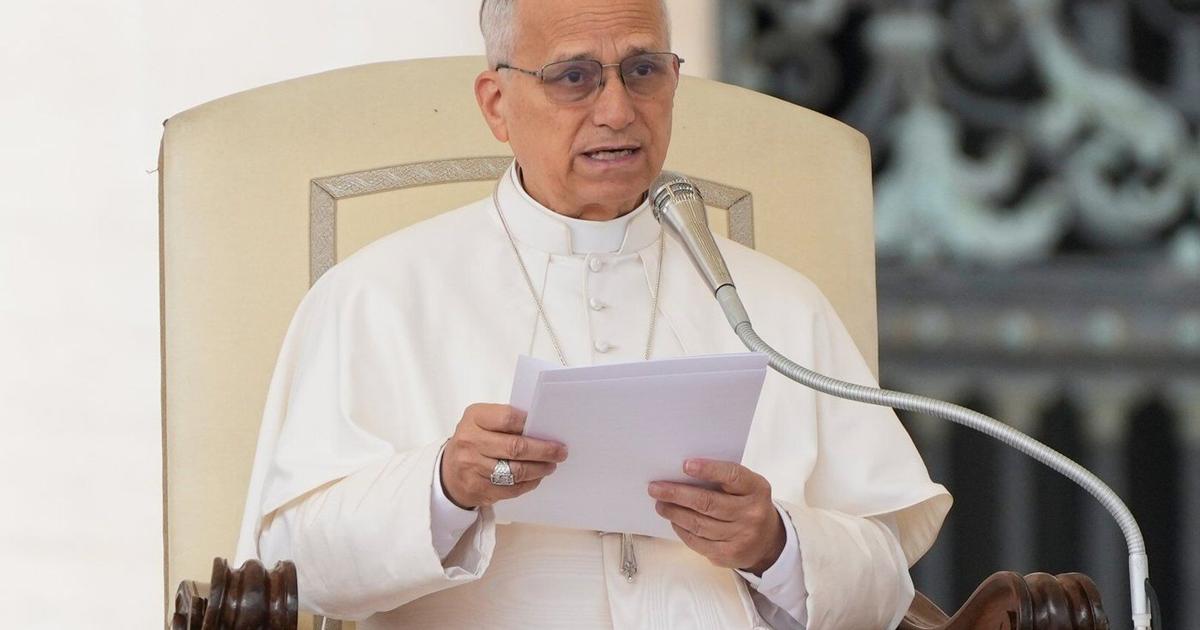Copyright islandsbusiness

THE International Court of Justice’s advisory decision on climate justice and its implications on the upcoming COP meeting in Brazil was discussed by a panel of three speakers at the University of the South Pacific (USP). Panelists highlighted the legal responsibility of governments to phase out fossil fuels and collaborate on climate action. They also addressed the International Court of Justice’s (ICJ) climate ruling and its consequences for human rights, climate justice, and displacement in the Pacific region. According to the ICJ Advisory Opinion, fossil fuels have become the primary cause of climate change in the region. Governments are urged to address climate displacement using the principle of non-refoulement. One of the panelists, Agnes Callamard, Secretary General of Amnesty International emphasises the role of historical context in creating existing and future legal duties, particularly in response to climate change. “It matters that we have an advisory opinion that somehow highlight the weight of history and historian justice in the definition of current and future legal obligations,” Callamard said. Despite several attempts by major polluters to the contrary, the ICJ acknowledges that it is scientifically viable to identify each state’s contribution to the climate issue, considering historical, current, and cumulative emissions. Callamard said the ICJ’s opinion supported the regional call for basic freedom. But for that opinion to actually have an impact, people must be allowed to express themselves, organise and protect without fear. Rufino Varea, Director of Pacific Islands Climate Action Network (PICAN), highlighted the campaign’s collaborative success and paid tribute to the Pacific region’s leadership and unity. “I think we’ve been having a lot of conversations outside the region since working on this campaign over the last few years. “But its always nice to be bringing it back to the region and having this discussion,” Varea said. Varea discussed some of the court’s legal conclusions, their effect on the Pacific, and how the region may continue its activism and advocacy going forward by putting the advisory group into place. Panelists addressed the issue of climate finance and compensation for climate change, as it should be seen as legal rights and duties, not as an optional aid. Considering that developed countries—which have contributed the most to climate change—are legally responsible for supporting and compensating developing countries that are suffering its impacts, the ruling reinforces principles of climate justice. “General rules on state responsibility apply to breaches of climate-related duties, meaning that if an internationally wrongful act resulting in damages is established, the responsible state must provide for reparations, including compensation,” Varea said. Vishal Prasad, Director of Pacific Islands Students Fighting Climate Change, raised concerns about the lack of climate funding reaching affected communities and the potential for corruption. Prasad said the Pacific voice would be strengthened at Conference of the Parties (COP) and other international agreements due to the ICJ advisory opinion.



